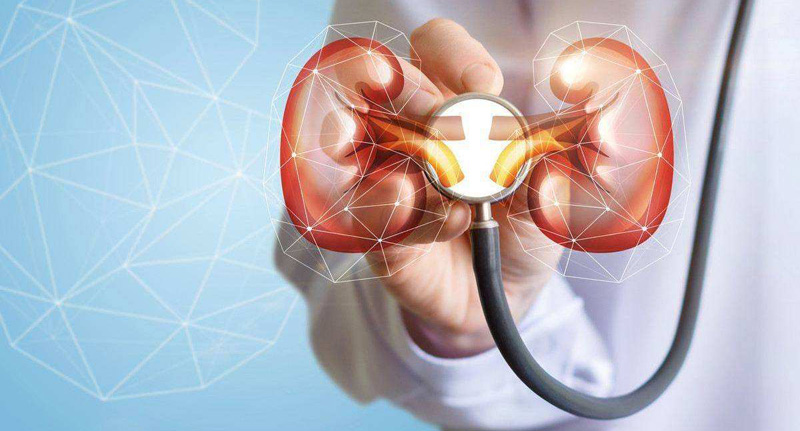On October 20, Talaris announced the latest progress of the Phase III FREEDOM-1 study of its investigational allogeneic cell therapy FCR001 for inhibiting acute immune rejection in living donor kidney transplant (LDKT) recipients. The company said it received a report of a patient death on Oct. 18 that triggered a pre-specified trial stop request and was reviewed by the study’s Data Monitoring Committee (DMC). Following a review of this case, the DMC determined that trial enrollment and dosing may continue. The company has reported this incident and the DMC’s recommendation to the US FDA.
Affected by the news, the company’s shares fell 43%.
The patient who died was one of three subjects diagnosed with grade II acute graft-versus-host disease (aGvHD) reported in June 2022. The patient, who was also diagnosed with moderate chronic GvHD, was reported to be responding to treatment at the time of update. He was recently hospitalized with grade IV GvHD, complicated by severe infection, leading to respiratory and renal failure, and eventual death.
FCR001 is an allogeneic cell therapy. The researchers obtained hematopoietic stem cells, Facilitating cells and αβTCR+ T cells from the blood of the donor providing the transplanted organ, and removed the cells that may attack the host through the manufacturing process, and the enriched cells were frozen for later use. Infusion of these cells into a patient after receiving an organ transplant promotes the production of donor immune cells and blood cells while improving the host’s immune tolerance. This therapy has been granted Orphan Drug Designation and Regenerative Medicine Advanced Therapy Designation (RMAT) by the US FDA.
In June 2022, Talaris provided a clinical update on the FREEDOM-1 study and summarized revisions to the trial protocol after reviewing all Phase II and Phase III studies in GvHD cases to date. The company reported that in subjects treated with FCR001, the incidence of GvHD was associated with high CD34+ cell counts and high total nucleated cell counts in FCR001. The company also noted a correlation between the use of plerixafor (Plerixafor) as a donor mobilizer and an increased risk of GvHD, as plerixafor significantly increased CD34+ and total nucleated cell counts in the FCR001 product. The company introduced two measures to reduce the risk of GvHD in the revised trial protocol: (1) removing plerixafor as a donor mobilizer; (2) adding a second dose of cyclophosphamide after a delay, which has been shown to reduce single Risk of severe GvHD in fold allogeneic hematopoietic stem cell transplantation.
The deceased patient had a related same-sex donor with an HLA mismatch of 2/6. Although plerixafor was not used to mobilize this donor, the starting FCR001 contained large numbers of CD34+ cells and total nucleated cells, both of which were considered factors associated with an increased risk of GVHD during the period under review.
As of the date of this update, two other patients with previously reported grade II aGvHD in the FREEDOM-1 study had achieved complete remission of aGvHD symptoms, although one of the patients had additional flares and also responded to treatment.
After reviewing the facts of the case, the DMC concluded that amendments to the FREEDOM-1 protocol implemented in June 2022 should be sufficient to reduce GvHD risk and recommended that the study continue without further amendments.









